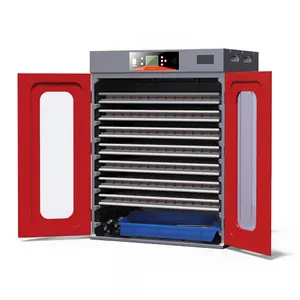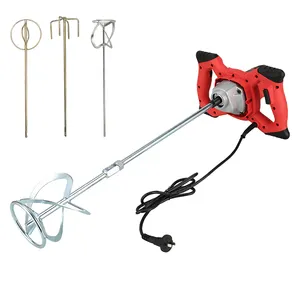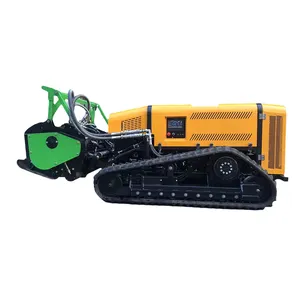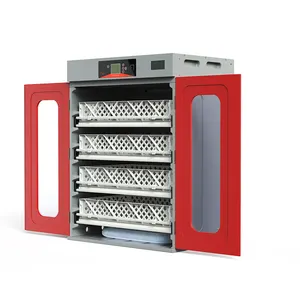Popular in your industry











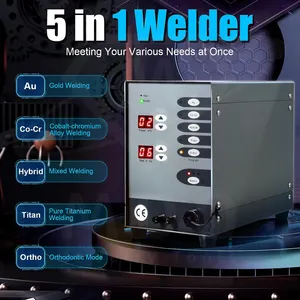






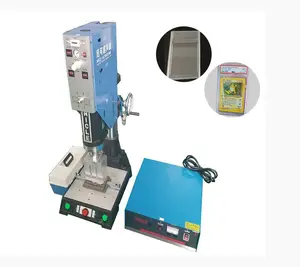
















































Related Searches:







































































































































Top categories
About ultrasonic welding branson
Ultrasonic welding Branson is a sophisticated welding technique that uses ultrasonic vibrations to create a strong bond between materials. This procedure is particularly beneficial for joining plastic components that are challenging to weld using traditional methods. The ability to target the specific area where the bond is needed distinguishes a Branson ultrasonic welding machine from other welding techniques. This focused approach helps in creating precise and effective welds while also saving energy and minimizing material waste. The process of ultrasonic welding machine Branson involves the generation of high-frequency ultrasonic vibrations in the range of 20-40 kHz. These vibrations are then transferred to the joint area of the materials being welded, causing them to rub against each other and generate heat. The heat softens the material surfaces, allowing them to meld together and form a strong bond when the vibrations stop. The entire process of ultrasonic welding is quick, generally lasting only a few seconds. The welding equipment itself is also relatively easy to set up and operate, making it a practical choice for various manufacturing applications. Furthermore, the non-invasive nature of ultrasonic welding helps preserve the appearance and integrity of the materials being joined. This method is extensively used in the automotive, electronics, medical, and packaging industries to create precise and durable connections.
Comparison between ultrasonic welding and Branson vibration welding machine
The Branson vibration welding machine is another advanced welding technology that uses frictional heat to create strong joints. The primary distinction between ultrasonic welding and Branson vibration welding lies in the energy sources. While ultrasonic welding employs high-frequency ultrasonic vibrations, the Branson vibration welding machine utilizes lower-frequency vibrations. The Branson vibration welding machine is highly effective for joining larger parts or components that require a robust and durable bond. In contrast, ultrasonic welding is more suitable for intricate and delicate applications due to its ability to provide precise and localized energy. Despite these differences, both technologies offer exceptional benefits in terms of efficiency, speed, and the ability to create strong and reliable welds.
Applications of Branson vibration welding
Vibration welding is used in a wide range of applications across various industries, including automotive, aerospace, electronics, and consumer goods. In the automotive sector, Branson vibration welding is employed to join plastic components in vehicle interiors, such as instrument panels, door panels, and air ducts. This welding technique is also used in the production of fuel tanks and battery components. In the aerospace industry, Branson vibration welding is utilized for manufacturing lightweight and durable composite parts. In the electronics sector, Branson vibration welding plays a crucial role in assembling electronic housings, connectors, and display components. Additionally, this welding technique is used in the production of appliances, medical devices, and industrial equipment. It is also employed in the manufacturing of sports and leisure products, such as helmets, kayaks, and musical instruments.
Features of Branson spin welder
Branson spin welder is a variation of friction welding that offers a wide range of benefits. The ability to create airtight and watertight seals is a key advantage of the Branson spin welder, making it suitable for applications where leak-proof joints are essential. Additionally, the spin welding process is fast and does not require additional consumables such as adhesives, making it a cost-effective and environmentally friendly option. The Branson spin welder is also versatile and can be used to join a variety of materials, including thermoplastics, composites, and certain metals. This versatility, combined with the ability to produce high-strength, consistent welds, makes the Branson spin welder a popular choice in industries such as automotive, aerospace, and consumer goods.
